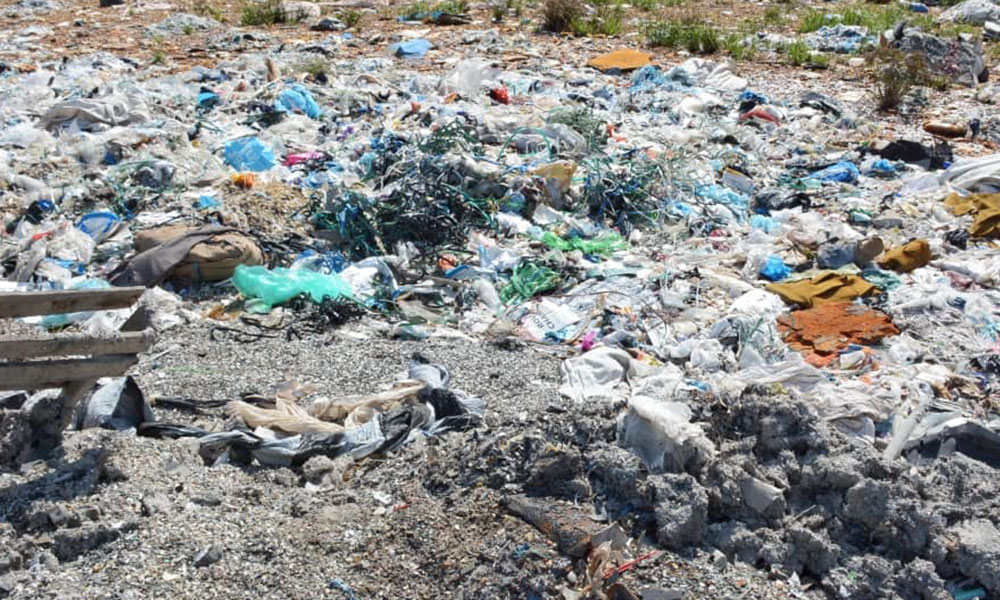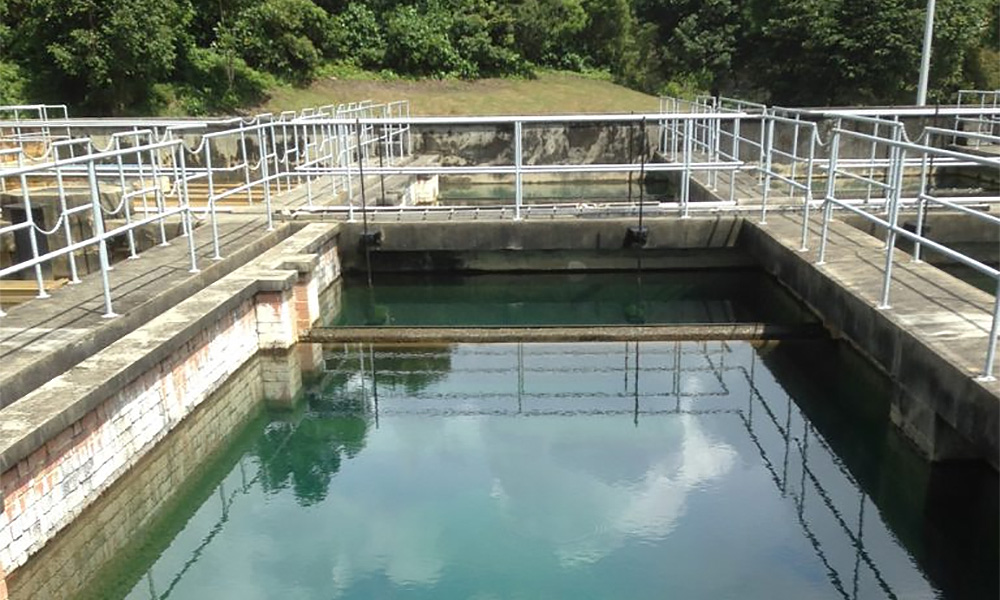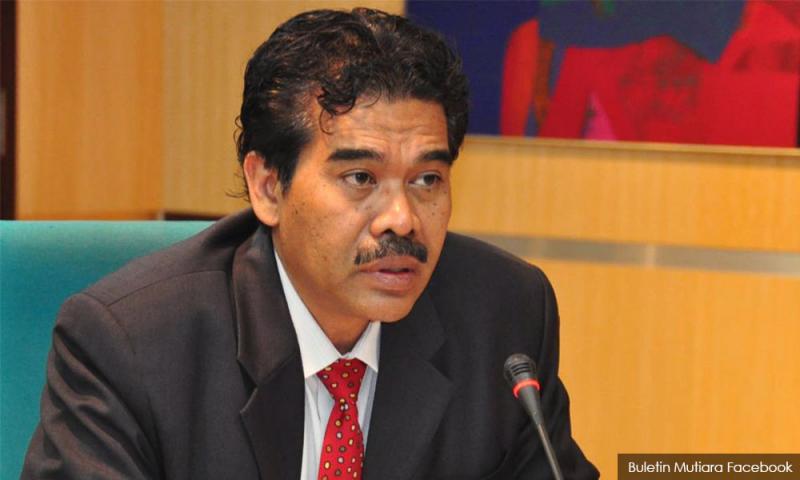The Penang Water Supply Corporation (PBAPP) has echoed the call by the National Water Services Commission (Span) to protect Sungai Muda in Kedah as a “strategic river”.
PBAPP CEO Jaseni Maidinsa (above) said Span chairperson Charles Santiago’s idea that a 30m buffer zone along the 203km length of the river is a "good start".
Fully supporting Santiago's call, Jaseni proposed five key actions, which must be instituted to fully protect the river.
"Regular river and riverbank patrols; periodic drone surveillance; posting of warning signages; educating and informing riverbank landowners; and strict enforcement of river protection regulations and laws," Jaseni said in a statement today.
"We agree with Span that the protection of Sungai Muda must be seriously regarded as a public health and water supply security issue," he added.
"The discovery of a second illegal waste dumpsite along the banks of Sungai Muda should serve as an alarm for the relevant authorities to take action now," he stressed.
Yesterday, Santiago and a delegation from the Department of Environment and Solid Waste Management and Public Cleansing Corporation (SWCorp) visited a former 1.21ha sand mining pool in Kampung Belinda in Kuala Ketil, Kedah.
Santiago said the area, now filled with rubbish, is a "mess and disaster waiting to happen" as the mining pool is close to the banks of Sungai Muda, which risks contamination from heavy metals.

His call comes after the Kedah government sealed off a 2ha illegal dumpsite in July last year after it was found to be a dumping ground for e-waste originating from all over the world.
Jaseni said illegal dumpsites along the banks of Sungai Muda represent "direct and dangerous" threats to water supply in Penang and southern Kedah.
He pointed out that Sungai Muda is the primary raw water resource for those areas.
More than 80 percent of Penang’s raw water is abstracted from Sungai Muda daily, he noted.
"The raw water is then treated at the Sungai Dua Water Treatment Plant (Sungai Dua WTP) and distributed to water consumers in Seberang Prai and Penang Island.
"If the raw water from Sungai Muda is found to be polluted or contaminated by waste seepage, there will be dire consequences.
"PBAPP will be compelled to stop raw water abstraction from Sungai Muda, in the interests of protecting public health," he said.
Jaseni said this emergency measure, however, will cause immediate and widespread water supply interruptions throughout Penang because the Sungai Dua WTP will then not have sufficient raw water to treat.
He added that the scenario would be the same for all areas located in southern Kedah.
"All in all, millions of people and businesses will have no water supply.
"As such, all illegal dumpsites along Sungai Muda must be shut down and a concerted effort must be taken to prevent illegal waste dumping along the river banks at all costs," he said.
Meanwhile, Jaseni said PBAPP is not empowered to take any action in Kedah.
But they are monitoring the quality of the raw water that is abstracted from Sungai Muda at PBAPP's Lahar Tiang intake in Penang, on a daily basis.

PBAPP's central laboratory in the Sungai Dua WTP is on "high alert", and will continue to sample and test the raw water that comes into the plant every day, he said.
"To date, the quality of treated water produced by the Sungai Dua WTP has been found to be clean and safe.
"PBAPP treated water continues to comply to the parameters set by the Ministry of Health under its Quality Assurance Programme.
"Moreover, PBAPP is commissioning independent tests on heavy metals in view of the threat of contamination from the Kampung Belinda illegal dumpsite.
"If there is any abnormality, we will make a public announcement," he added.





